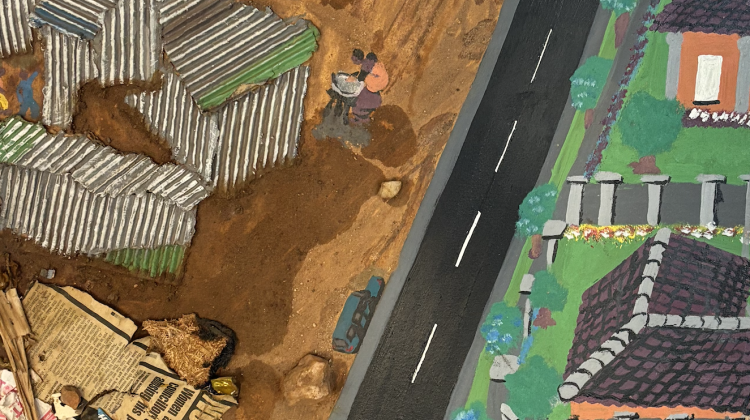Centering People with Intellectual Disabilities for Urban Planning

In many cities around the world, people with profound intellectual disabilities remain outside the frame of planning conversations and are too often considered “unplannable” or invisible to both policymakers and urban theorists. This problematic framing can become even more pronounced in cities of the Global South, where infrastructure disinvestment, governance challenges, and policy neglect further exacerbate the invisibility of disabled people. What would it mean to center these otherwise "invisible" lives, needs, and care networks seriously as a starting point for urban planning? In contexts shaped by informal housing, state retreat, and enduring inequalities, the labor of care usually falls to families, women especially, who stitch together fragile systems of support in the absence of public infrastructure.
“Workers providing care labor - who often belong to some of the most vulnerable populations - sustain life for cities and their citizens, but the same labor and laborers are rarely seen fully in traditional urban planning models,” says Natasha Ansari, a doctoral student leading research exploring how to expand the boundaries of planning to be more inclusive. “Rooted in disability justice and decolonial approaches to urbanism, this research draws on ethnographic fieldwork in informal settlements, most recently in Johannesburg, alongside participatory mapping, oral history, and spatial analysis. I work closely with caregivers, disabled people, and community-based organizations to understand how care happens in spaces largely neglected by urban planning. I pay particular attention to the sensory, emotional, and relational dimensions of the built environment, and to the improvisations people make every day to create livable worlds under impossible conditions.”
“My hope is that this work can help expand the boundaries of what counts as planning, who it is for, and what kinds of knowledge it values,” says Ansari. “ By centering care and disability not as afterthoughts, but as central to how cities function, I aim to contribute to planning frameworks that are more attentive to interdependence, chronicity, and the politics of refusal. This project is as much about disabled lives as it is about the broader question of how we build cities that don’t cast anyone aside.”
Ansari is a doctoral student at DUSP where she researches the intersection of profound intellectual disability and urban informality towards informing concepts of just cities. She co-authored the book, A Microcredit Alternative in South Asia (Routledge 2018) which evaluates how new models of microfinance are delivering on their promise of enabling a society built on empathy and social solidarity and its mission is that of creating self-sufficiency among the entrepreneurial poor.


